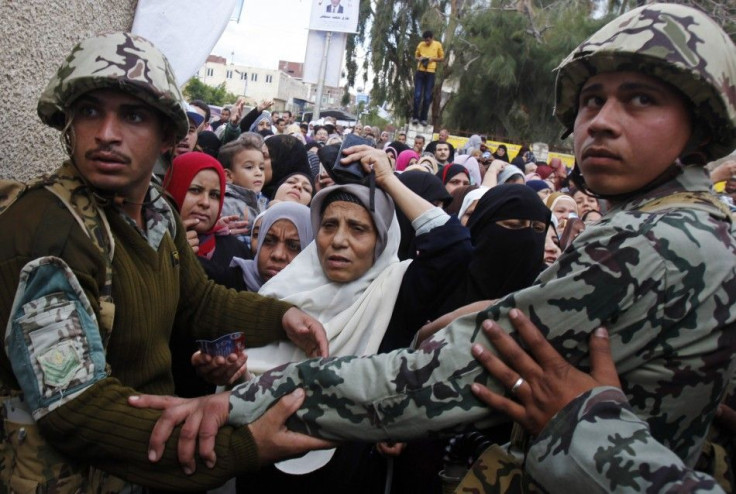Arab World Latest News: The New Politics of Morocco, Egypt, Yemen and Kuwait

Months of protests and social change in many countries in the Middle East and North Africa have again reached a simultaneous boil, and the latest round of Arab Awakening events has seen elections, resignations of totalitarian leaders and victories for liberty.
Compared to its North African neighbors, Morocco has remained relatively free of anti-government protests, largely because King Mohammed VI has worked hard to pre-emptively make political concessions. On Monday -- for the first time ever -- Mohammed VI will appoint a prime minster from an elected majority party.
In July, a new constitutional referendum transferred some of the power held by the monarch for 350 years to the people. The country held parliamentary elections, and the king now has to choose his prime minister from among the winning party instead of appointing whomever he chooses.
The Justice and Development Party, a moderate Islamist party, won a parliamentary majority after Friday's elections, taking 107 of 395 seats in the assembly. Mohammed VI is expected to nominate Abdelilah Benkirane for Prime Minister. Benkirane, who has been leading PJD since 2008, is meeting with the king on Tuesday in Rabat.
The Justice and Development Party will be the first ever Islamist party ever allowed into Moroccan government. But that doesn't mean that PJD can or will impose any religious laws.
If I get into government, it won't be so I can tell young women how many centimeters of skirt they should wear to cover their legs. That's none of my business. It is not possible, in any case, for anyone to threaten the cause of civil liberties in Morocco, Benkirane told Le Parisien before elections last week.
Voters in Egypt will have to wait longer to see the results of their parliamentary elections. On Monday, millions of Egyptians lined up to vote in the first of three rounds of elections for the first time since the fall of the Hosni Mubarak regime, some waiting eight hours or more to cast their ballots.
Meanwhile, Yemen's transitional president Abed Rabbo Mansour Hadi has picked a new prime minister from among the country's opposition. Mohammed Basindwa will be in charge of forming a new government now that President Ali Abdullah Saleh has finally stepped down.
Yemen will hold true multi-party presidential elections in February for the first time ever.
Kuwait will have to undergo a similar government-rebuilding process soon. On Monday, Emir Sheikh Sabah Al-Ahmed Al-Jaber Al-Sabah accepted the resignation of Prime Minister Sheikh Nasser Al-Mohammed Al-Sabah and his Cabinet. The resignation comes twelve days after protestors stormed into parliament to demand Nasser's removal over corruption allegations.
Nasser's government has either asked to or been forced to step down six different times, and each time the emir, who is also Nasser's uncle, has reappointed him. It can't be known what Sabah's plans are moving forward, but the resignation of the government is a positive step for political progress.
But even with all the democratic progress in the region, Syria is still headed in the opposite direction. Nearly nine months of protests have resulted in minor victories, but President Bashar Assad has continued his bloody crackdown against his own people.
In a sign of the political and cultural changes that have occurred in the Middle East this year, the Arab League has further isolated Syria by imposing new, unprecedented economic sanctions. The international group hopes that it can threaten Syria's economy enough by freezing government assets, stopping all dealings with the country's central bank, and ending trade partnerships, that Assad will have no choice but to agree to an League-sponsored transition-of-power plan.
All the steps that we are carrying out are to avoid a foreign intervention in Syria. Will we succeed? We don't know. We hope that eventually we will. That's why we keep trying to solve the crisis within the Arab framework. We have responsibilities not only as Arabs but as human beings to stop the bloodshed in Syria, Qatari Foreign Minister Hamad bin Jassim Al Thani said in a televised interview.
© Copyright IBTimes 2025. All rights reserved.





















